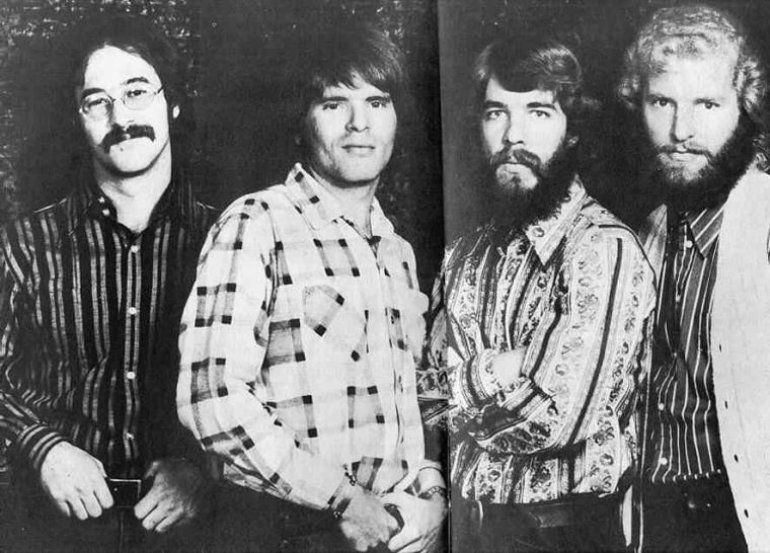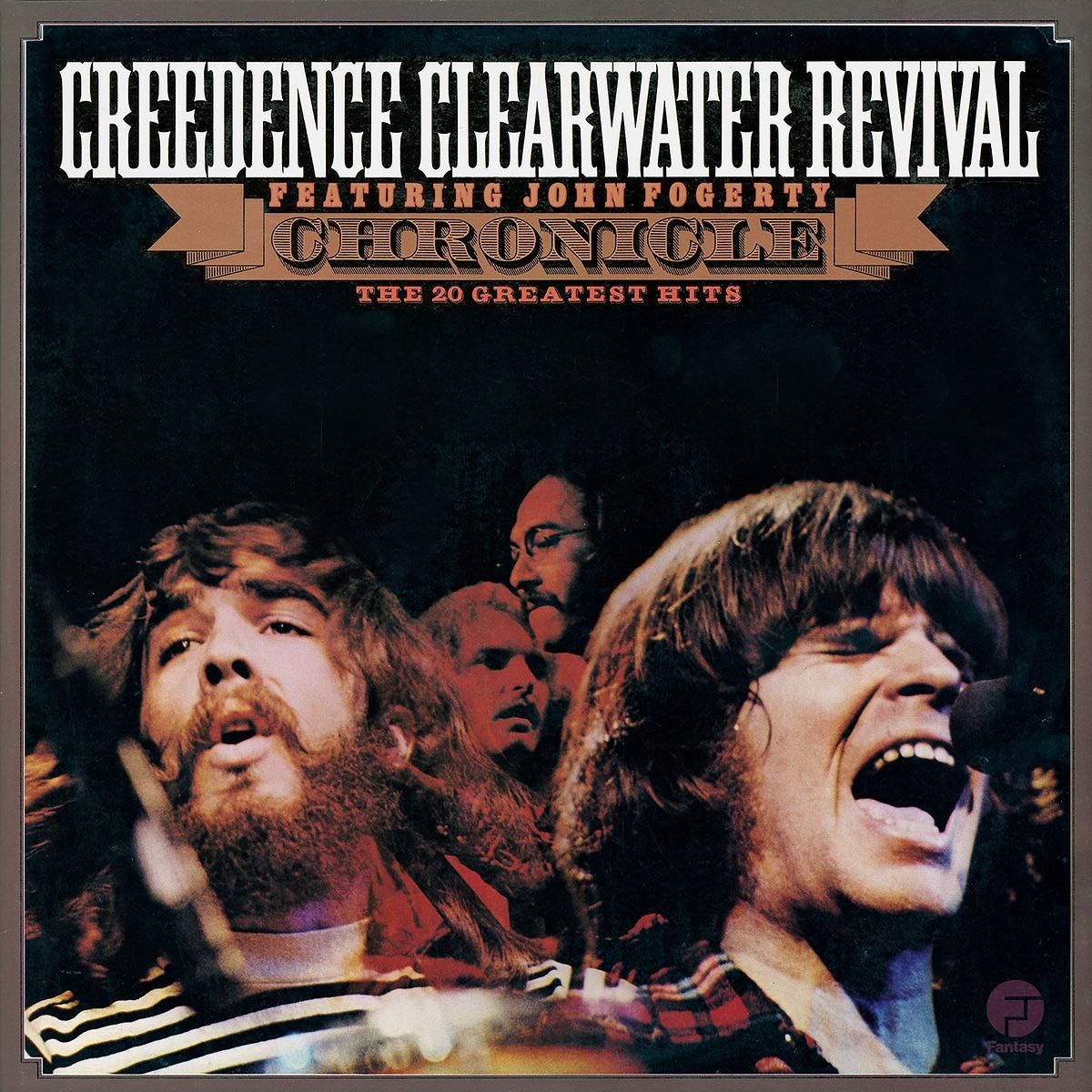
The Relentless Pace of Modern Life in “Commotion”
When Creedence Clearwater Revival released “Commotion” in 1969 as part of their album “Green River,” it was a time of societal upheaval and rapid change. The world was swirling with energy, much like the frenetic tempo of the song itself. On its debut, “Commotion” reached the Billboard Hot 100 chart, peaking at number 30, solidifying its place as a resonant anthem for those caught in the whirlwind of modern life.
The late 1960s were tumultuous years; society was a cauldron of change, boiling over with new ideas, civil rights movements, and the ever-looming shadow of the Vietnam War. It was during this era that John Fogerty, the band’s lead singer and songwriter, penned “Commotion.” The song captures the anxiety and restlessness of a world moving too fast for comfort—a sentiment that resonates deeply even today.
In “Commotion,” Fogerty’s gritty vocals and the band’s trademark swamp rock sound create an auditory landscape that mirrors the hectic pace of life. From its opening guitar riffs to its driving rhythm section, every element of the song evokes a sense of urgency. This is not just music; it is a reflection of an era where everything seemed to be speeding up beyond control.
The lyrics speak directly to the chaos, describing scenes filled with noise and confusion—images so vivid that they could easily transport a listener back to a bustling city street or a crowded train station. Fogerty’s words are simple yet profound, capturing the essence of a society overwhelmed by its own progress. There’s a palpable tension between the desire to keep up with this relentless pace and the yearning for simplicity—a balance that many have found elusive.
For those who lived through those transformative years, listening to “Commotion” is like opening a window to the past. It brings back memories of youthful energy and rebellion against the status quo, but also serves as a reminder of how some challenges remain unchanged. The song’s portrayal of life’s incessant noise is timeless, echoing through decades as each generation faces its own version of “commotion.”
In examining Creedence Clearwater Revival’s work, one must appreciate how they captured slices of American life with authenticity and grit. Their music often reflected socio-political undercurrents without losing its universal appeal. “Commotion,” with its raw energy and relatable themes, is no exception. It’s a testament to how music can encapsulate complex emotions and shared experiences.
The enduring appeal of “Commotion” lies in its ability to resonate across generations. For older listeners, it may evoke nostalgia for a time when they were navigating their own life’s commotions amidst cultural revolutions and personal transformations. For younger audiences, it serves as an introduction to an era characterized by significant historical events conveyed through powerful musical expression.
As we look back on Creedence Clearwater Revival’s legacy, it’s clear that their music remains relevant because it speaks truths that transcend time. The anxiety captured in “Commotion” may have been born out of the 1960s’ unique pressures but continues to find relevance in today’s fast-paced digital age where information overload is the norm.
In conclusion, “Commotion” stands as more than just a track on an album; it is an evocative piece that encapsulates the relentless march of progress and change. It invites listeners to reflect on how far we’ve come while acknowledging that some struggles remain perpetual. Through John Fogerty’s expressive storytelling and CCR’s distinctive sound, “Commotion” remains a compelling reminder that amidst life’s noise and haste, music can offer clarity and connection across time’s unyielding flow.
